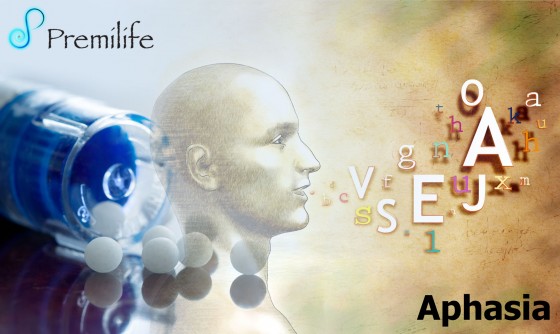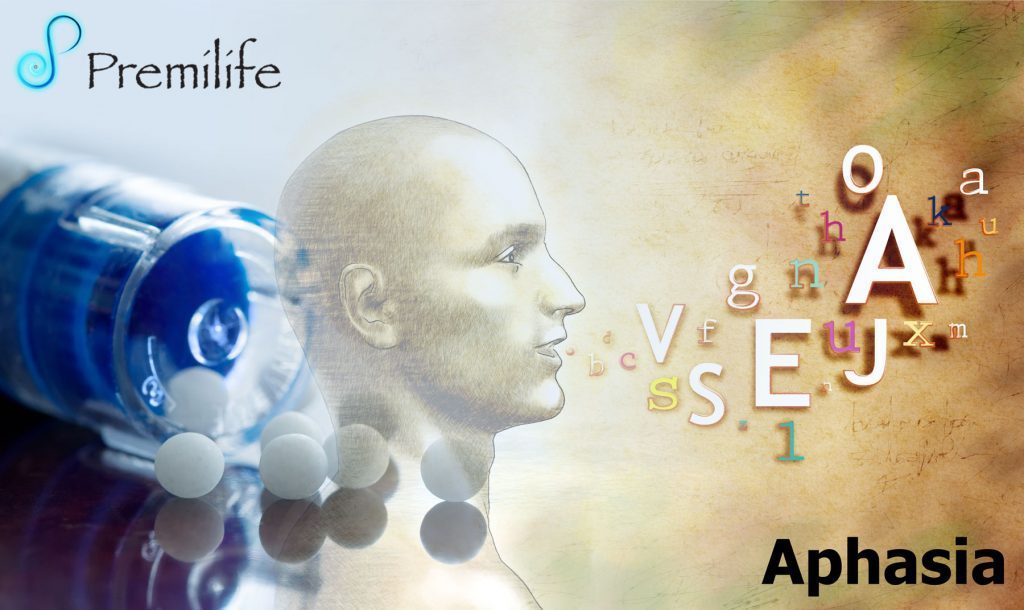Brain and Nervous System
Aphasia

Aphasia is a disorder caused by damage to the parts of the brain that control language. It can make it hard for you to read, write, and say what you mean to say.
Aphasia is a disorder caused by damage to the parts of the brain that control language. It can make it hard for you to read, write, and say what you mean to say. It is most common in adults who have had a stroke. Brain tumors, infections, injuries, and dementia can also cause it. The type of problem you have and how bad it is depends on which part of your brain is damaged and how much damage there is.
There are four main types:
• Expressive aphasia – you know what you want to say, but you have trouble saying or writing what you mean
• Receptive aphasia – you hear the voice or see the print, but you can’t make sense of the words
• Anomic aphasia – you have trouble using the correct word for objects, places, or events
• Global aphasia – you can’t speak, understand speech, read, or write Some people recover from aphasia without treatment. Most, however, need language therapy as soon as possible.



I am having problems of remembering things, names, numbers for long period of times.
I had a stroke about 10 years ago.
But this issue is getting from bad to worse now.
I am 53 years old.
This comes in the way of my job, talking to people and many more ways in conversations.
Dear Sujeet James Sarwan
Thank you for approaching us.
We have answered your question in a personal email sent to you.
We hope you found our answer sufficient and that it provided you with the information you were looking for.
If you have further questions, please feel free contacting us using the Contact Premilife page. We will be happy to assist.
The Premilife customer service
Male, 66, had ischemic attack about two years ago, no physical symptoms but mild aphasia:
some difficulty hearing and understanding speech especially in crowded places with background noise, or in meetings with multiple voices, or over the telephone or in stressful situations such as speaking to a boss or during an interview.
Somewhat slowed mental function resembling very mild dementia; might need two – three repetitions to understand utterance or will mis-hear similar words: i.e. will hear “Denise”, instead of “news”.
Also: occasional problems with word /sentence formation: i.e. will say “she” instead of “he”; or : “want to store to the go?” instead of “want to go to the store”.
Not on any medication. Not physically active- rather thin, loss of muscle tone, looks old and tired after stroke, has to nap, falls asleep easily but wakes up early morning and can usually doze off a little longer.
ANY THOUGHTS / SUGGESTIONS ON TREATMENT? Thank you
Dear Alan
Thank you for approaching us.
We have answered your question in a personal email sent to you.
We hope you found our answer sufficient and that it provided you with the information you were looking for.
If you have further questions, please feel free contacting us using the Contact Premilife page. We will be happy to assist.
The Premilife customer service